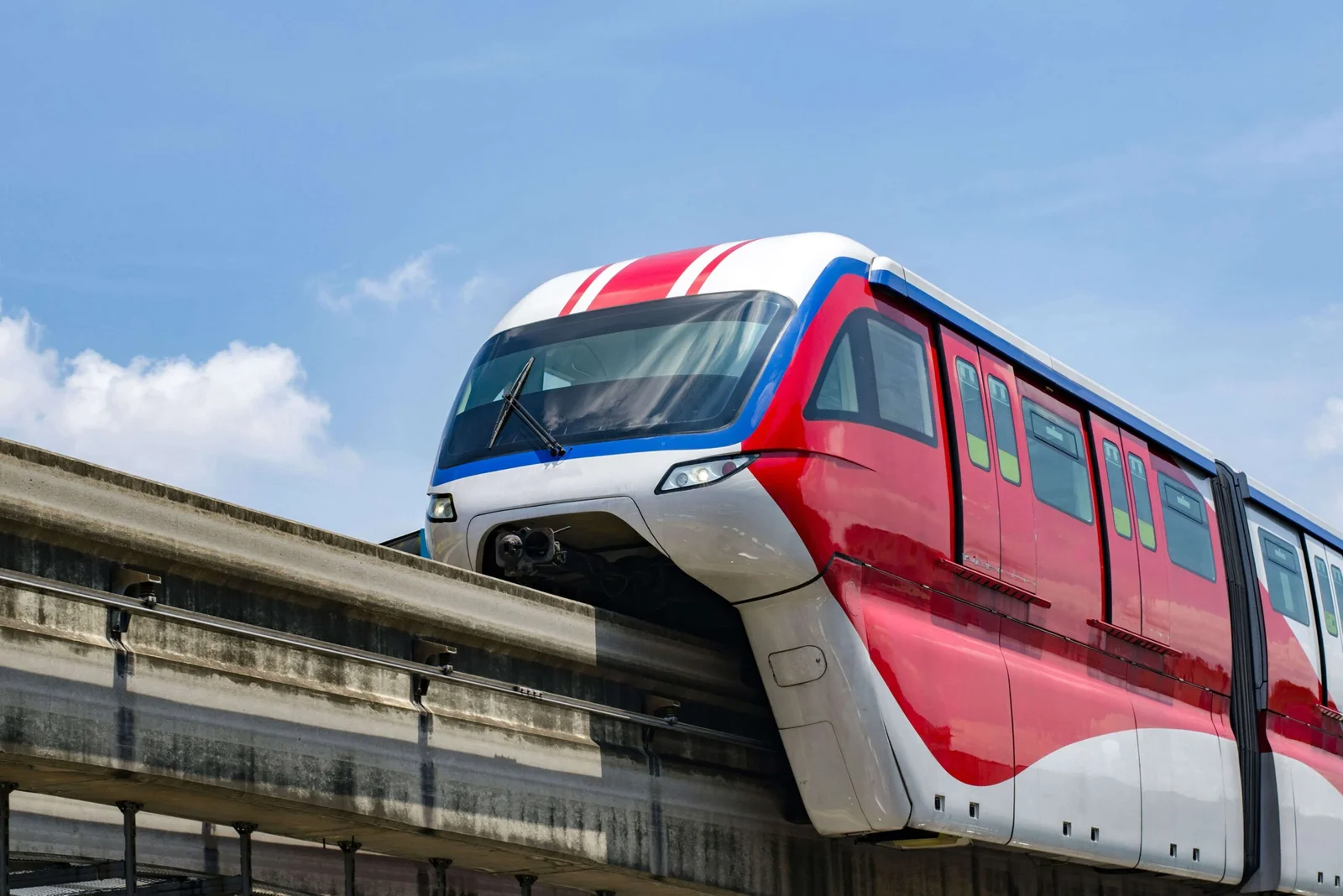Metro Ridership in India Reaches 10 Million, Driving Urban Transformation in 2025
India’s metro and rapid rail transit systems have crossed a major milestone in 2025, with daily ridership soaring beyond the 10 million mark. As of January 5, 2025, the country’s metro networks reached 10.2 million riders, a significant achievement for urban mobility and sustainability. The Economic Survey 2025 highlights this progress as a key indicator of India’s growing urban transformation efforts, which aim to make cities more livable, efficient, and environmentally friendly.
The surge in metro ridership is a testament to the expanding metro and rapid transit networks across the country. Currently, metro systems are operational or under construction in 29 cities, covering 1010 kilometres in 23 cities, with an additional 980 kilometres in the works. The expansion continues to evolve, with 62.7 kilometres being operationalised in the fiscal year 2025 alone. This rapid growth in metro systems is more than just a transport achievement. It’s part of a broader movement to reshape Indian cities with smart, sustainable infrastructure that reduces congestion, lowers emissions, and promotes efficient travel options. The rapid expansion of metro networks has led to significant reductions in time lost to traffic, vehicle operating costs, accidents, and infrastructure maintenance.
Beyond just transportation, India is leveraging technology and data to drive broader urban transformation. The survey notes that various initiatives are underway to enhance urban services such as healthcare, energy, and education through data-driven decision-making. A central focus has been integrating smart technologies into city planning, which has resulted in improved infrastructure, services, and governance. One standout initiative is the Climate Smart Cities Assessment Framework (CSCAF), launched in 2019, which assesses 126 cities on their climate resilience and sustainable urban planning practices. This framework evaluates cities on 28 indicators across five key areas, helping drive climate-sensitive development.
Moreover, India’s DataSmart Cities Strategy is encouraging data-driven governance by evaluating cities’ readiness to adopt and implement digital solutions. This, coupled with the National Urban Digital Mission, which aims to establish shared digital infrastructure across cities, is improving service delivery and governance for citizens. Another notable programme is TULIP (The Urban Learning Internship Programme), which connects urban local bodies with youth through internships. Launched in 2020, TULIP has already posted over 49,000 internship opportunities, with more than 14,500 internships currently active, giving young talent a chance to contribute to urban development while gaining valuable skills.
The National Urban Innovation Stack is another promising initiative that fosters collaboration across the urban ecosystem. This stack supports cities in leveraging data to improve governance and collaboration on smart city projects. Additionally, the City Investments to Innovate, Integrate, and Sustain Challenge encourages innovative urban projects with significant funding, particularly those focused on climate-resilient infrastructure. As the country pushes forward with these transformative projects, the Economic Survey outlines a future where cities will not only be better connected but also more sustainable, resilient, and equipped to face the challenges of a rapidly urbanising nation. The Economic Survey of 2025 underscores the importance of metro systems as a cornerstone of India’s urban evolution, fostering cleaner, more efficient, and interconnected cities. As these systems continue to expand, they will play a pivotal role in shaping the urban landscape for generations to come.


